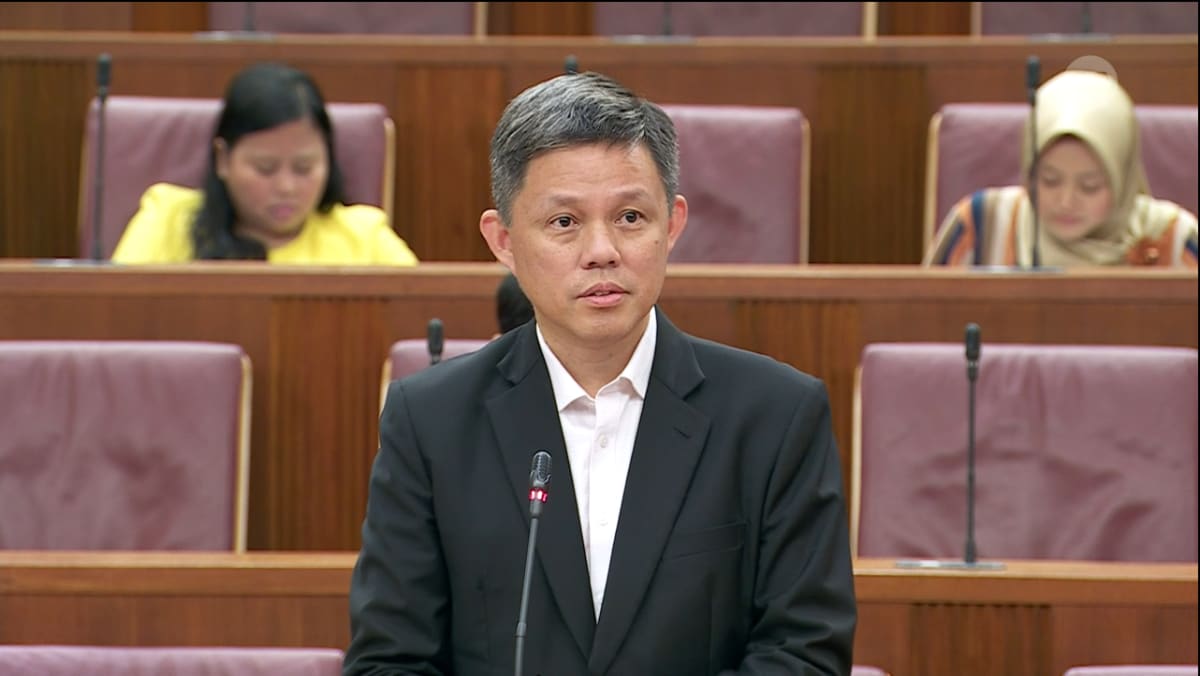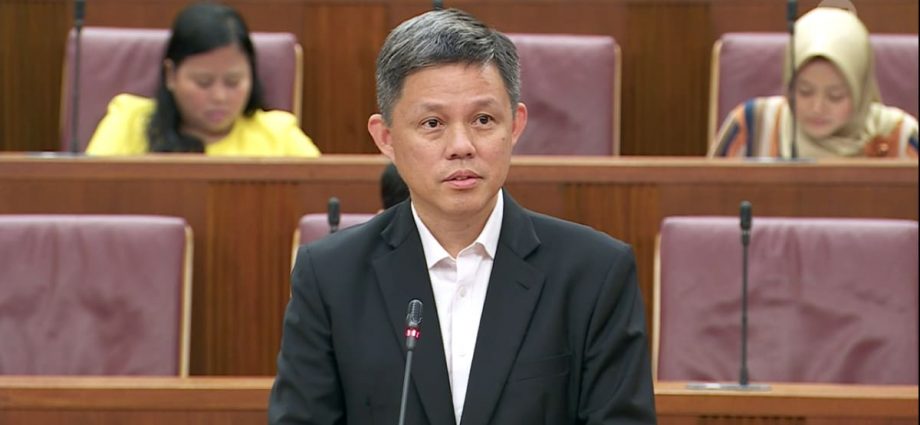
MOE considers the current and projected demand when planning the locations for new schools and reviewing the distribution of schools across Singapore.
But new schools opened by MOE are generally co-ed to ensure that they meet local demand for school places for both boys and girls.
In new towns, if one school is single-sex, it may also create a gender imbalance in the other schools, he said. “We would prefer the schools to be co-ed because that would better meet the local community needs.”
For ACS (Primary), MOE explained to the ACS board of governors that “it would not be tenable” for the school to take in boys only at its Tengah location because it would constrain school options for families in the area.
Mr Chan noted there have been several cases of single-gender schools that have turned co-ed schools in the past, including Canossa Catholic Primary School, De La Salle School and Geylang Methodist School (Primary).
The ministry takes a “customised approach” and holds discussions with key decision-makers in a school to facilitate the transition and provide support when converting a school from single-gender to co-ed.
“Where there are major changes to schools, including relocation and turning co-ed, MOE will give advance notice as far ahead as possible once plans are firmed up, and will work with the schools on transition arrangements to minimise impact and inconvenience for existing students and their families,” Mr Chan said.
He also addressed a question on what would happen to the Winstedt Road campus when ACS (Junior) moves out around 2039, and if enhancements to the site would go to waste.
“From now to 2039, we have a good 15 to 16 years to go,” Mr Chan said. “After 2039, the site will be returned to the state.”
ACS (Junior) will be moving to Barker Road, where ACS (Primary) currently operates.

